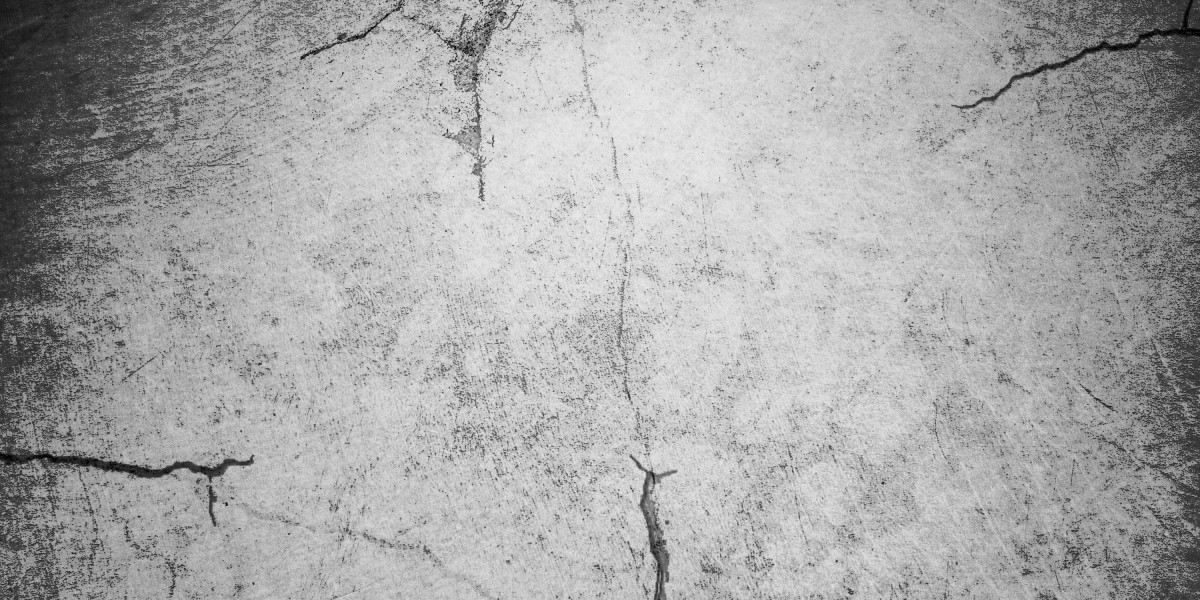For more than two centuries, the American presidency has stood as one of the most scrutinized offices in the world. Every election cycle ignites fierce debates, ideological clashes, and public soul-searching about who should lead the United States and what kind of leadership best represents the nation’s values. In the wake of these choices, an entire body of literature has emerged—books criticizing American presidency choices—that serve as both cultural commentary and political diagnosis. These works dissect not only the individuals who have occupied the Oval Office but also the collective decisions of voters who put them there.
The Tradition of Presidential Critique
Criticism of presidential choices is nearly as old as the presidency itself. From early pamphlets condemning John Adams’s Alien and Sedition Acts to modern exposés dissecting the policies of presidents like George W. Bush and Donald Trump, literature has played a vital role in holding the office accountable. What distinguishes books criticizing American presidency choices is their dual focus: they don’t just critique presidents, but also the democratic mechanisms and societal moods that produced them.
Historians and political scientists have long used such works to trace the shifting values of American society. When a book questions why a particular president was elected, it implicitly critiques the electorate’s fears, hopes, and blind spots. In that sense, the genre reveals as much about American identity as it does about presidential performance.
Foundational Works in the Genre
One of the earliest examples of presidential criticism in book form is Henry Adams’s The Education of Henry Adams (1918). Although more autobiographical than overtly political, Adams—a descendant of two presidents—laments the decline of intellectual rigor and moral purpose in American politics. His reflections foreshadowed the disillusionment many later writers would express about the presidency’s evolution.
Fast-forward to the modern era, and works like Arthur M. Schlesinger Jr.’s The Imperial Presidency (1973) became landmarks in the literature criticizing executive power. Schlesinger, a historian and adviser to President Kennedy, warned that successive administrations—culminating in Nixon’s—had stretched constitutional limits to dangerous extremes. His book remains essential reading for anyone interested in how unchecked authority can distort democratic governance.
Following the 2000 election, books like What Happened in Florida? and Bushworld: Enter at Your Own Risk by Maureen Dowd emerged as cutting, often satirical critiques of both the electoral process and the administration that followed. These books criticizing American presidency choices argued that the nation’s decision to elect George W. Bush was not merely a policy misstep but a reflection of a deeper civic disengagement and media manipulation.
The Obama Years: Hope, Backlash, and Analysis
Barack Obama’s presidency inspired a fresh wave of analysis and criticism, both from the left and the right. Books like The Amateur by Edward Klein and The Great Destroyer by David Limbaugh lambasted Obama’s policies as naïve or overreaching. On the other end of the spectrum, authors such as Cornel West and Ta-Nehisi Coates critiqued Obama for what they saw as compromises that failed to address systemic racial and economic injustices.
This diversity of critique underscored a central feature of the genre: the American presidency, by its nature, invites contradiction. Each administration becomes a mirror reflecting the competing narratives that define the nation. As a result, books criticizing American presidency choices function as living documents of ideological struggle—artifacts of their times that capture not only what went wrong, but what Americans were yearning for when they made those choices.
The Trump Era and the Explosion of Political Criticism
Few periods in modern history have produced as many books criticizing American presidency choices as the Trump era. The election of Donald J. Trump in 2016 unleashed a torrent of political writing, ranging from investigative journalism to philosophical reflection. Works like Fire and Fury by Michael Wolff, Fear by Bob Woodward, and A Warning by Anonymous (later revealed as Miles Taylor) dominated bestseller lists, offering insider accounts of chaos and controversy within the administration.
But beyond the headlines, deeper analyses also emerged. Titles such as How Democracies Die by Steven Levitsky and Daniel Ziblatt and Twilight of Democracy by Anne Applebaum connected the Trump presidency to global trends of populism and democratic decline. These books criticized not only Trump himself but also the electorate’s willingness to embrace strongman politics—a phenomenon that suggested growing disillusionment with traditional democratic norms.
Even Trump’s supporters contributed to the dialogue, though from a defensive stance. Books like Triggered by Donald Trump Jr. and The Case for Trump by Victor Davis Hanson attempted to justify the choices of 2016 voters as a rebellion against elite hypocrisy and cultural alienation. This counter-narrative reinforced the notion that presidential criticism is rarely unidirectional—it reflects the full ideological spectrum of American discourse.
Post-Trump Reflections: Reassessing the Voter
As scholars and commentators analyzed the tumultuous Trump years, a new subgenre of books criticizing American presidency choices emerged: those focused less on the presidents themselves and more on the voters who chose them. Works like White Rage by Carol Anderson, Strangers in Their Own Land by Arlie Russell Hochschild, and The Sum of Us by Heather McGhee probed the psychological, cultural, and racial dynamics that influence American political behavior.
These authors argued that the presidency cannot be understood in isolation—it is the product of systemic forces such as inequality, polarization, and disinformation. By shifting the focus from presidential character to public consciousness, such books invite readers to reflect on their own complicity in the making of history.
The Biden Presidency and Continuing Debates
Even as President Joe Biden sought to restore stability after years of upheaval, new waves of criticism arose. Books like This Will Not Pass by Jonathan Martin and Alexander Burns chronicled the fragile coalitions and bitter divisions that shaped the 2020 election and its aftermath. Critics from both sides have scrutinized Biden’s presidency for its handling of Afghanistan, border policy, and the economy, reflecting a persistent skepticism toward political authority.
Meanwhile, some writers have turned their attention to the structural issues underlying presidential choices—such as the Electoral College, campaign finance, and the media ecosystem. In this sense, contemporary books criticizing American presidency choices are becoming more systemic and data-driven, drawing on sociology, psychology, and media studies to explain how democracy produces its leaders.
Why These Books Matter
Books that criticize the presidency serve a vital democratic function. They challenge complacency, document dissent, and provide intellectual frameworks for understanding political change. By questioning presidential choices, authors are also reaffirming the importance of civic responsibility and historical memory.
In a polarized age, these works remind readers that the presidency is not just a reflection of one individual’s power—it is a mirror held up to the nation. Every election tells a story not only about who won, but about what millions of people believed was worth fighting for.
From Henry Adams’s lamentations to the journalistic firestorms of the Trump era, books criticizing American presidency choices form an ongoing dialogue between the governed and their government. They represent the conscience of a nation still wrestling with the meaning of democracy and the cost of its choices.



